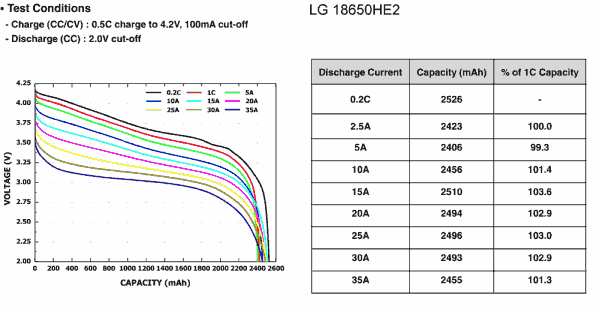anko said:
elm70 said:
My theory of SOH calculation from our BMU, is that this is based on collecting "errors" after a battery left unused at rest and adjust consequently the SOH
When error is limited, the SOH correction happen one a month for 0.1Ah difference.
If the error is "massive" .. the SOH get updated by 0.5Ah .. even more often then once a month
When you say "error", do you mean deviations between "expected kWh per charge based on Ah value" and "actual kWh per charge"?
As mention before .. I believe only Ah is monitored and used by BMU ... kwh is a number for the people, not for machine computation
I'm not sure what is the role of charging, possibly it has an impact too.
What I can see is this:
- Car start with X Ah, the BMU monitor the flow of the current while car is used .. when the trip end, the BMU assume SOC is equal to X-flow - Y ... then if the car is left unused ... after a rest time, the SOC is adapted to a new value Z based on Voltage ... and Z-Y is the error to be monitored/aggregated
- At each charge ... possibly the BMU monitor the end SOC , and it may count the charge in Ah and define an error too.
I think you also read in FB, that somebody is convinced that using AC while charging, this does trick the BMU, making it believe more current used for charged in the car, so this person state that using this practice he managed to increase his PHEV SOH
... I will try in winter to schedule a car heat in the middle of the charging process ... and see if I can win any SOH after 1 months of this trick (it will cost me around 1kw extra charge per day .. so ... ~2 euro of waste per month
Anyhow ... SOH and SOC can be wrong in the BMU ... the only real way to know what is the battery condition .. is to fully charge the car .. drive down to 0Km EV ... and wait after rest what will be the updated SOC






























